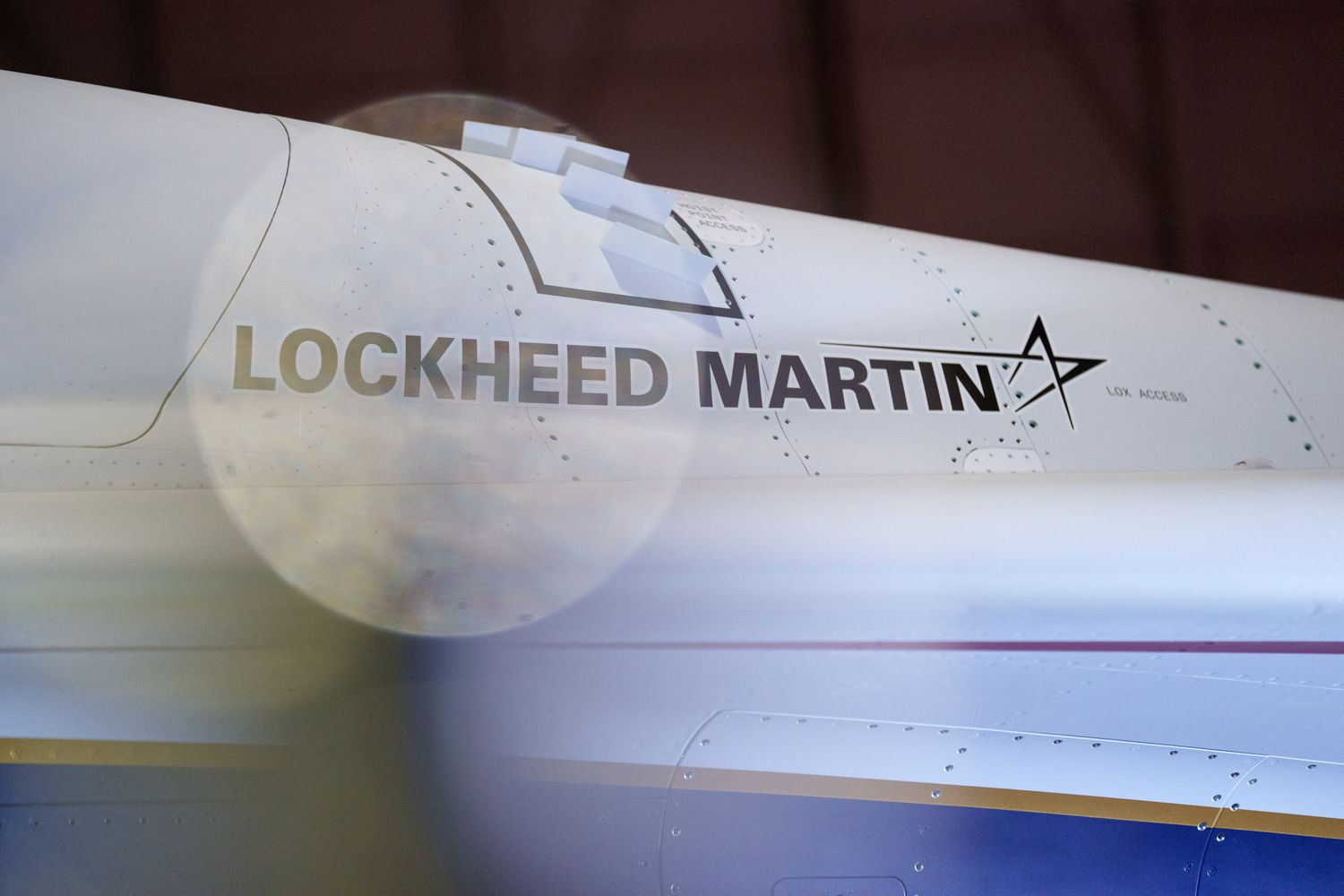Defense Contractors Face Tariff Headwinds: Navigating a Complex Global Landscape
The global defense industry, a sector characterized by complex supply chains and intricate international collaborations, is facing significant headwinds due to escalating trade tariffs. These tariffs, often imposed unilaterally or reciprocally between nations, are disrupting established procurement processes, increasing costs, and forcing defense contractors to rethink their strategies for sourcing materials and manufacturing equipment. This analysis delves into the multifaceted impact of tariffs on defense contractors, exploring their challenges and potential mitigation strategies.
The Impact of Tariffs on Defense Procurement
Tariffs directly impact the cost of imported goods, including raw materials, components, and finished products crucial to defense manufacturing. This price increase ripples through the supply chain, ultimately impacting the final cost of defense systems. For example, a tariff on steel used in the construction of armored vehicles directly translates to a higher price for the finished product, potentially affecting government budgets and procurement decisions.
Increased Costs and Budget Constraints
Higher costs are the most immediate and significant consequence. Defense budgets, often already constrained, are forced to absorb these increased expenses, leading to potential project delays or even cancellations. This pressure to maintain affordability within budgetary limits forces defense contractors to find creative solutions and potentially compromise on quality or quantity.
Supply Chain Disruptions
Tariffs can disrupt established supply chains, forcing contractors to seek alternative suppliers, often at a higher cost and with longer lead times. This complexity adds significant uncertainty to project timelines and can lead to production delays. Furthermore, relying on alternative suppliers might mean compromising on established quality standards and supply reliability.
Geopolitical Implications
The imposition of tariffs often reflects geopolitical tensions, adding another layer of complexity for defense contractors already operating in a volatile international environment. Navigating these intricate political landscapes requires sophisticated risk assessment and adaptation strategies. Uncertainty regarding future trade policies creates further challenges in long-term planning and investment.
Mitigation Strategies for Defense Contractors
Defense contractors need to implement proactive strategies to navigate the challenges posed by tariffs.
Diversification of Supply Chains
Diversifying sourcing is crucial. This involves identifying alternative suppliers in countries with favorable trade relationships or exploring domestic sourcing options, even if they might be initially more expensive. While this requires upfront investment and thorough due diligence, it reduces reliance on single suppliers vulnerable to tariff impacts.
Enhanced Negotiation and Lobbying Efforts
Effective lobbying and negotiation with governments are essential. Defense contractors need to actively engage with policymakers to advocate for policies that minimize the impact of tariffs on the defense industry. This might include seeking exemptions or adjustments to tariff structures.
Technological Innovation and Automation
Investing in automation and technological innovation can help offset rising labor costs and enhance efficiency. Automation can reduce reliance on imported components and streamline manufacturing processes, mitigating the overall impact of tariffs.
Strategic Partnerships and Collaboration
Strategic partnerships and collaborations with other companies, both domestic and international, can provide access to wider resources, expertise, and alternative supply chains. Collaborative efforts can help share the burden of navigating the complexities of global trade.
Conclusion: Adapting to a Changing Landscape
The impact of tariffs on defense contractors is undeniable. Navigating this complex landscape requires a multi-faceted approach encompassing proactive supply chain diversification, effective lobbying, technological innovation, and strategic partnerships. The ability to adapt and anticipate changes in global trade policies will be crucial for survival and continued success in the defense industry. The companies that embrace these strategies will be best positioned to thrive in this increasingly challenging environment.
